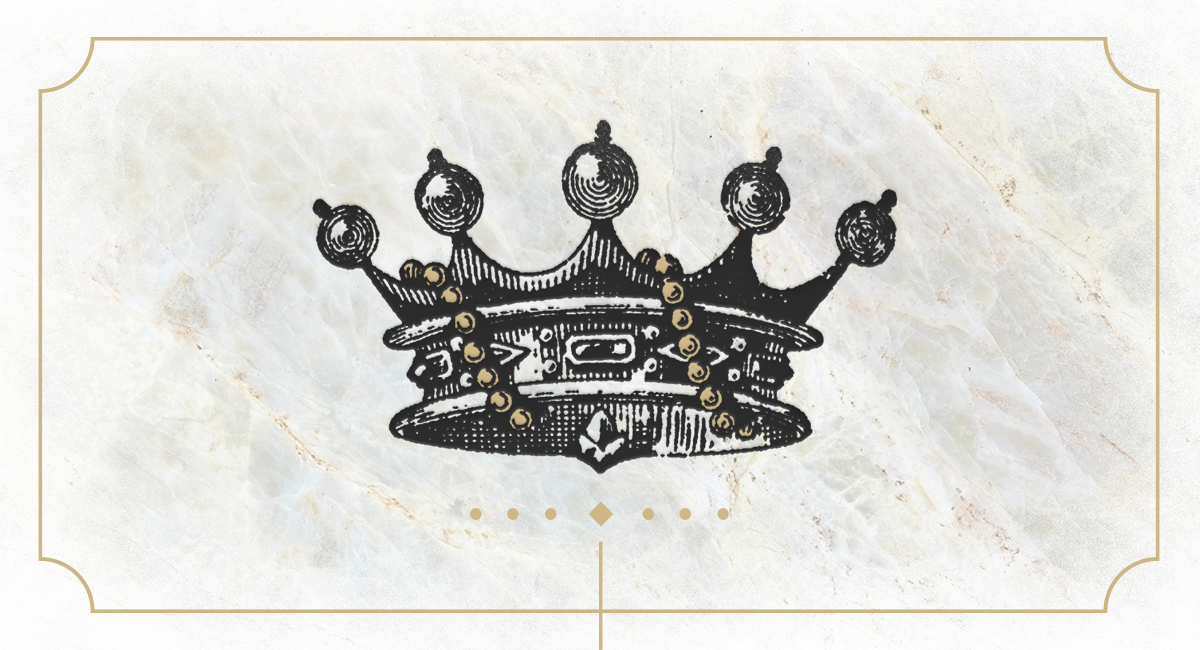Let them eat cake.
In New Orleans – where we extract ritual from religion and from reverence, find our revelry – everything is sacred and nothing is sacred at all. It’s an attitude that looks on ceremony and asks, why not a celebration instead? Contradiction is woven in and out of the tapestry of our traditions and never more pronounced than during Carnival—an otherwise secular phenomenon derived from our holiest of seasons.
It all starts with Twelfth Night on January 6th— the festive full-stop of Christmas that makes way for the merriment and mischief of Mardi Gras. While “Twelfth Night†is a reference to the twelfth night after Christmas Day, it’s also called Epiphany, Three Kings Day, and to make matters more complicated, January 6th is also called Kings’ Day, and as you might know, is the first day of King Cake season.
And, yes, that’s a lot to keep up with, any way you slice it.
So, what is Twelfth Night and Kings’ Day, and why is it important? We can trace its origins back to pre-Christian Europe in Roman winter celebrations of Saturnalia and traditional Celtic Yule feasts, each with slight variations and interpretations of a central theme—choosing a king.
In one Celtic custom, “Sacred King,†a king was sacrificed so that his anointed blood could fertilize the land and crops. At the urging of clergy, this tradition was renamed “Lord of Misrule†and overhauled into what most closely reflects the traditional Carnival we know and love today—a slightly more festive celebration with demonstrably less bloodshed in favor of wine and dancing…and cake.
Back then, it was a “fancy bread†and every year the village asked every eligible man to pull just one piece. Whoever pulled the piece containing a single gold or silver bean ruled the land as king, however briefly. It’s the sheer novelty of cake as a device to choose a commoner to be king that is both edifying and endearing.
As celebrations, Twelfth Night and Kings’ Day carried on from village to village and throughout Britain, Ireland, Spain, and France—eventually arriving in New Orleans with French settlers who introduced gateau des rois (king cake.) It was a ritual further refined by the Creoles, and in 1870, when Twelfth Night Revelers rolled through the streets, New Orleans ushered in its very first Mardi Gras parade and ball with little to no foresight for what it would become.
There you have it—Twelfth Night & Kings’ Day! Proof positive that after all these years, there’s much more to Mardi Gras than parades. Carnival is an attitude; it’s the joie de vivre that gives you king cake—and the permission to eat it, too.
Events
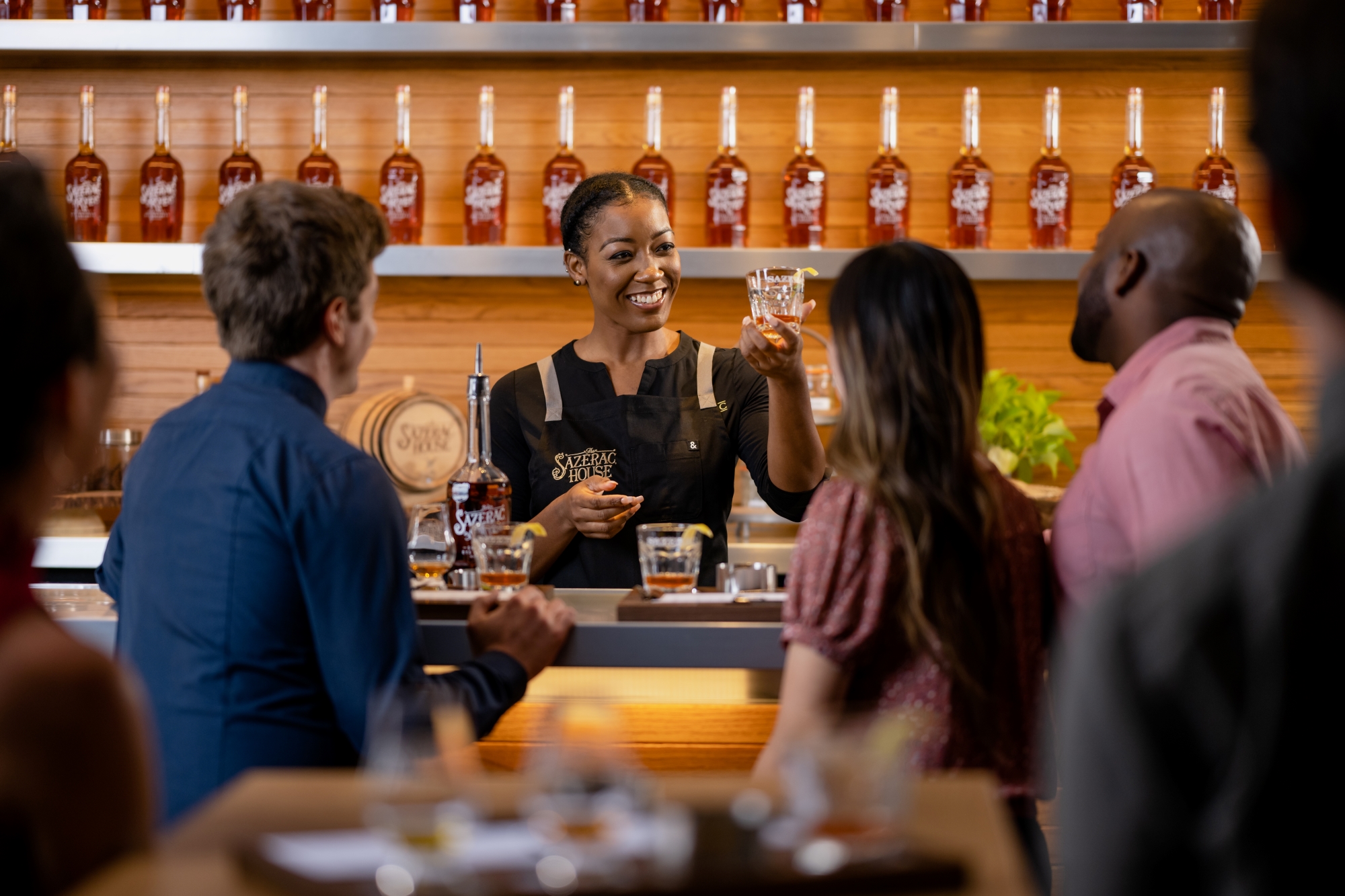
Summer Cocktail Series
Looking to impress your guests at your next summer gathering with stunning cocktails? Learn the sophisticated craft of batched cocktails in this hands-on class designed for elevated entertaining. Under the expert guidance of New Orleans drinks historian Elizabeth Pearce, guests will master the essential techniques of flavor balancing, premium ingredient selection, and large-batch preparation methods. All guests must be 21 to participate.
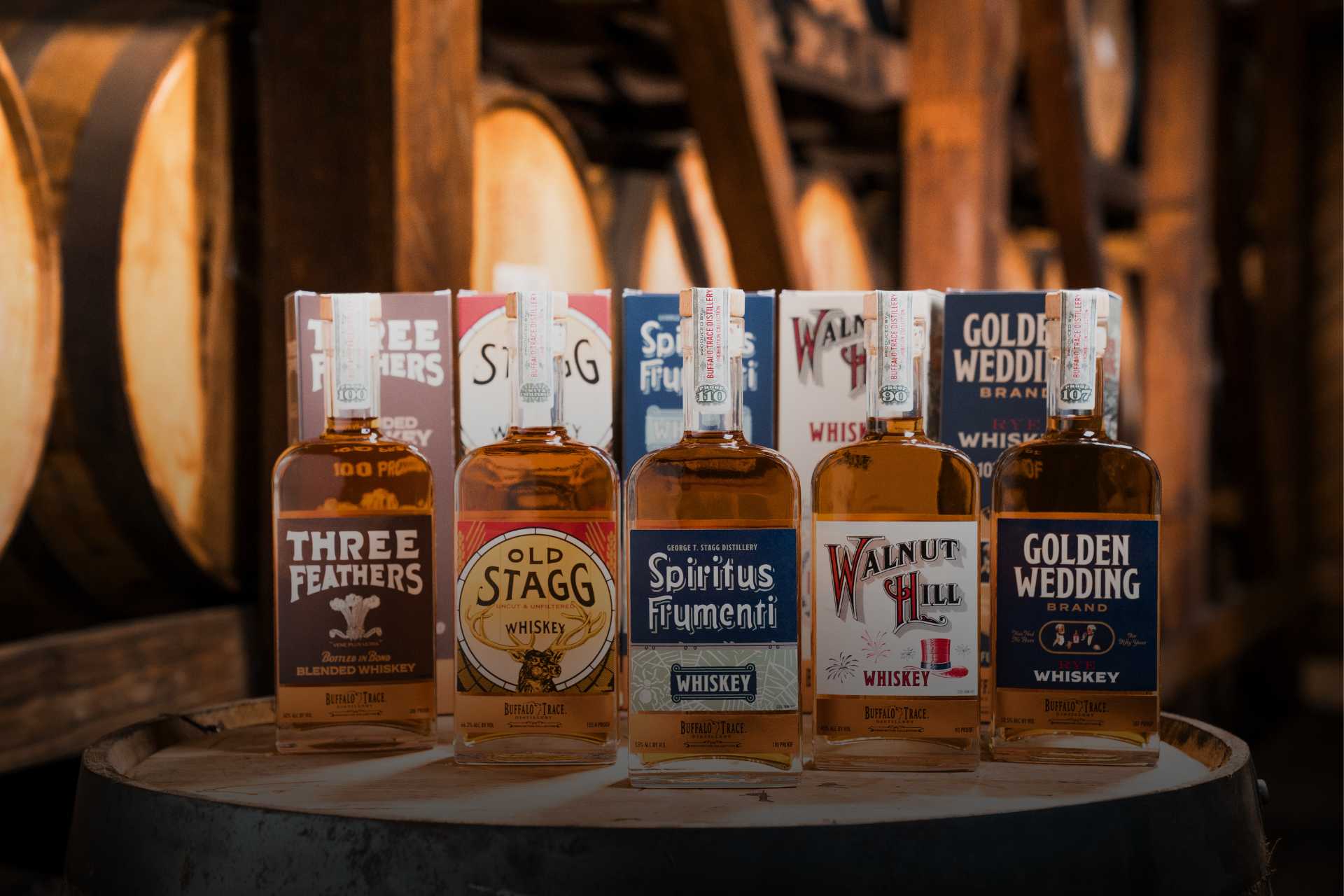
Buffalo Trace Prohibition Collection Tasting Experience
Step inside one of the Sazerac House’s intimate speakeasies for a rare and immersive tasting experience featuring the Buffalo Trace Prohibition Collection, Series 1. This exclusive collection showcases five expressions recreated to reflect the styles of whiskey legally produced during Prohibition, when Buffalo Trace was one of the few distilleries permitted to operate for medicinal purposes. Guided by our expert bourbon stewards, guests will explore the history of the Prohibition era and its impact on American whiskey culture, all while enjoying a curated tasting of the complete series.
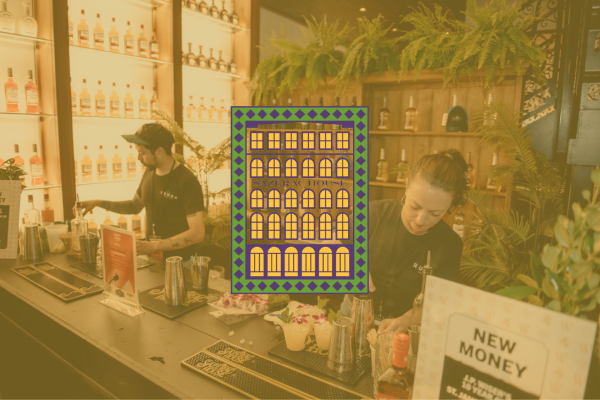
🏘️ Welcome to our House: A Housewarming with the Complete Sazerac Port...
As a part of Tales of the Cocktail... We’re throwing open the front door and inviting the whole neighborhood inside. Join us at the Sazerac House for a two-day open-house celebration of the full Sazerac portfolio—where every floor brings a new flavor, and every room has a story to tell. This two-day welcome bash brings the Sazerac House to life—room by room, pour by pour. From the moment you step inside, you’re not just a guest—you’re part of the neighborhood. Wander through a three-story tasting experience where every floor offers a different vibe, from backyard Tiki hangs to whiskey-drenched hideaways. Styled like charming corner shops and street-side cocktail carts, each station invites you to explore the international Sazerac portfolio in fun, unexpected ways. Paired with house-made sammies, DJ sets, and bar pop-ups from top industry talent, this is Tales’ most flavorful (and unmissable) house party. Whether you're here to explore your favorites or discover something new, the Sazerac House is your home base for flavor, connection, and inspiration. The neighborhood’s open. The house is yours. [Click to read more]

🏘️ Welcome to Our House: Now Make Yourself at Home with the Complete S...
As a part of Tales of the Cocktail... We’re throwing open the front door and inviting the whole neighborhood inside. Join us at the Sazerac House for a two-day open-house celebration of the full Sazerac portfolio—where every floor brings a new flavor, and every room has a story to tell. This two-day welcome bash brings the Sazerac House to life—room by room, pour by pour. From the moment you step inside, you’re not just a guest—you’re part of the neighborhood. Wander through a three-story tasting experience where every floor offers a different vibe, from backyard Tiki hangs to whiskey-drenched hideaways. Styled like charming corner shops and street-side cocktail carts, each station invites you to explore the international Sazerac portfolio in fun, unexpected ways. Paired with house-made sammies, DJ sets, and bar pop-ups from top industry talent, this is Tales’ most flavorful (and unmissable) house party. Whether you're here to explore your favorites or discover something new, the Sazerac House is your home base for flavor, connection, and inspiration. The neighborhood’s open. The house is yours. [Click to read more]
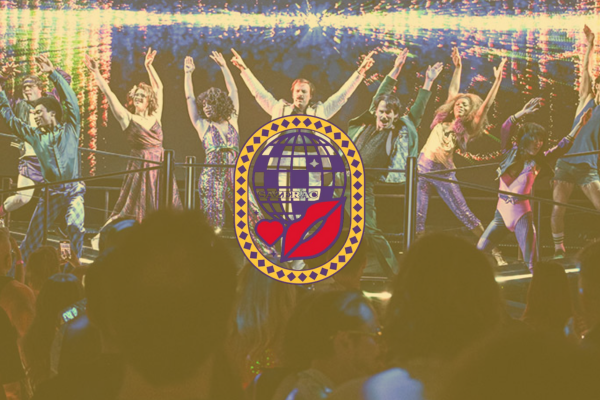
🎪 Disco Sweat: Party in the Loft
As a part of Tales of the Cocktail... The Sazerac House is teaming up with Spiegelworld for one night only to bring you a disco circus fantasy bona fide balls-out banger. Welcome to DISCO SWEAT: a glitter-in-your-teeth disco-punk, fever-dream, clown-car pile-up complete with contortionists toasting dangerously good cocktails and speakers threatening to blow out with every beat. Spiegelworld’s Executive Bar Director Niko Novick and his team of cocktail misfits are conjuring a high-glam, low down booze hole—50% delicious, 50% debaucherous, 50% down right stupid. Legendary New Orleans DJs Phlegm and Bouffant Bouffant will have you dancing so hard you’ll forget who you came with, how you got there, and where you were born. This is THE be yourself, feel-yourself, lose-yourself, kind of energy shock to get the week rolling. Come as your rawest, loudest, loosest self and be prepared to leave your jaw on the dance floor. Be there. Capacity is limited, first-come, first-entry.
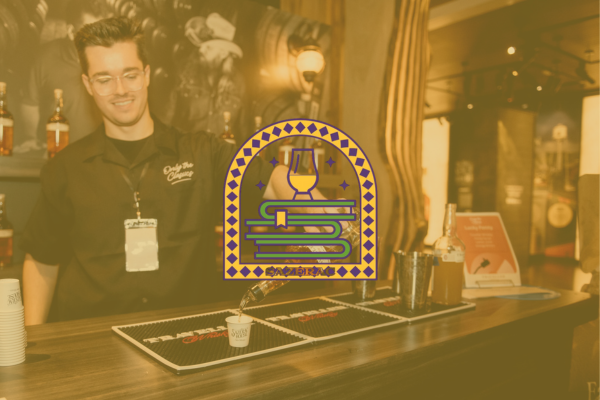
📚Step into Our Library: A Spirited Chapter Featuring Sazerac’s Global ...
As a part of Tales of the Cocktail... Get ready to open the book on one of the most exciting chapters at Sazerac House—our Whiskey Day! This curated celebration invites you to dive deep into a world of rich flavors, bold stories, and innovative cocktails that honor the heritage and future of whiskey. Wander through an atmosphere steeped in vintage charm, surrounded by rich wood tones, leather-bound tales, and the warm glow of whiskey. Our expert bartenders and brand ambassadors will guide you through tastings of treasured drams, innovative cocktails, and neat pours that honor the past and future.. As the perfect complement, three exclusive trade pop-ups take over iconic corners of the house, each embodying their own unique take on whiskey culture, history, and hospitality. 🥃 Introducing: Sazerac Rye 100 The Next Bold Chapter in American Whiskey This isn’t just another pour—it’s a milestone. We’re proudly launching Sazerac Rye 100 Proof at Tales of the Cocktail with an exclusive first taste inside our house. Crafted for the modern bar, this new expression turns up the proof and doubles down on boldness, structure, and spice. [Click to read more]
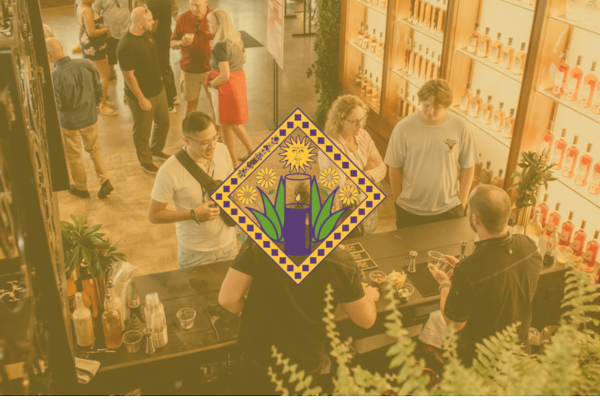
🌵 Solarium Sips Sun-Drenched and Spirit-Filled Featuring Sazerac’s Aga...
As a part of Tales of the Cocktail... It’s getting warm in here—in the best way. Welcome to Solarium Sips, a vibrant, agave-soaked celebration that turns the Sazerac House into a sun-drenched oasis of tequila, mezcal, and cocktail creativity. Wander through our most vibrant 4th floor house party yet, where modern Mexican heritage meets New Orleans hospitality. Guests can expect a flavorful afternoon filled with inventive drinks, music, and good energy—and yes, a delectable taco bar. All wages from this event, along with optional donations, will go toward supporting a beloved Florida Keys bartender in need. Plus, don’t miss the exclusive Saz City merch drop featuring hats by Nickel City—perfect for taking a piece of the party home with you. [Click to read more]
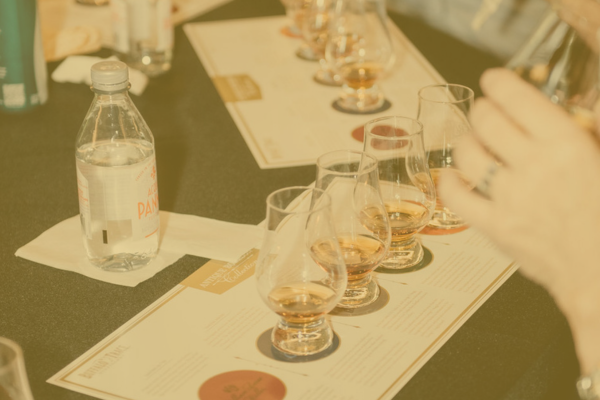
VIP Tastings in the Penthouse
As a part of Tales of the Cocktail... Sazerac House will host “VIP Tastings in The Penthouse” Four Class Per Day | By Reservation Only | 45 Minutes | 15 Guests Per Session. Tucked away at the top of the Sazerac House, The Loft offers a serene escape from the buzz below—perfect for a quiet moment with our most sought-after spirits. These daily tasting sessions are designed for industry insiders and spirits lovers who want to dive deeper into the craft. Each experience includes small bites, guided storytelling, and a closer look at what makes these pours so coveted. Spots are extremely limited and offered on a first come, first served basis. Once confirmed, attendance is required—your seat is one others are hoping for. Tasting Class Schedule: 10:00 – 10:45 AM 11:30 – 12:15 PM 1:30 – 2:15 PM 3:00 – 3:45 PM Mon & Tues AM: Sazerac de Forge Cognac Collection Mon & Tues PM: Buffalo Trace Antique Collection (Non-Rye) Weds all day: Buffalo Trace Antique Collection – Rye Vertical Thurs all day: Sazerac Premium Agave Portfolio
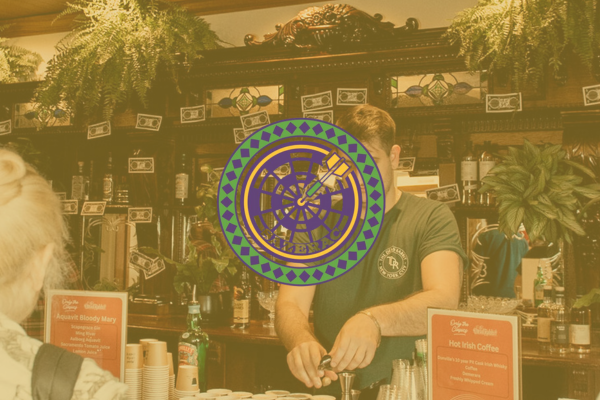
🎯Good Times and Goodbyes A House Guest Send-Off Featuring our Dive Ba...
As a part of Tales of the Cocktail... After a week of high-proof hospitality, big reveals, and even bigger nights—Friday at the Sazerac House is all about the soft landings and strong pours. Whether you're catching one last connection or just need to return our extra house key, we’re throwing the kind of farewell party that feels less like a goodbye and more like “when are we doing this again?” Welcome to Good Times & Goodbyes, a come-as-you-are celebration of service-industry soul, New Orleans meets Chicago bar culture, and the divey, delicious end-of-the-week energy that makes you want to move in forever. On the 4th floor - in the cozy, sun-drenched Guest Room - Sazerac teams up with Best Intentions to serve ice-cold cocktails and Benny’s Beef to offer heavenly Chicago Beef. You’ve never been this taken care of at a friend’s house. Until next year… [Click to read more]

